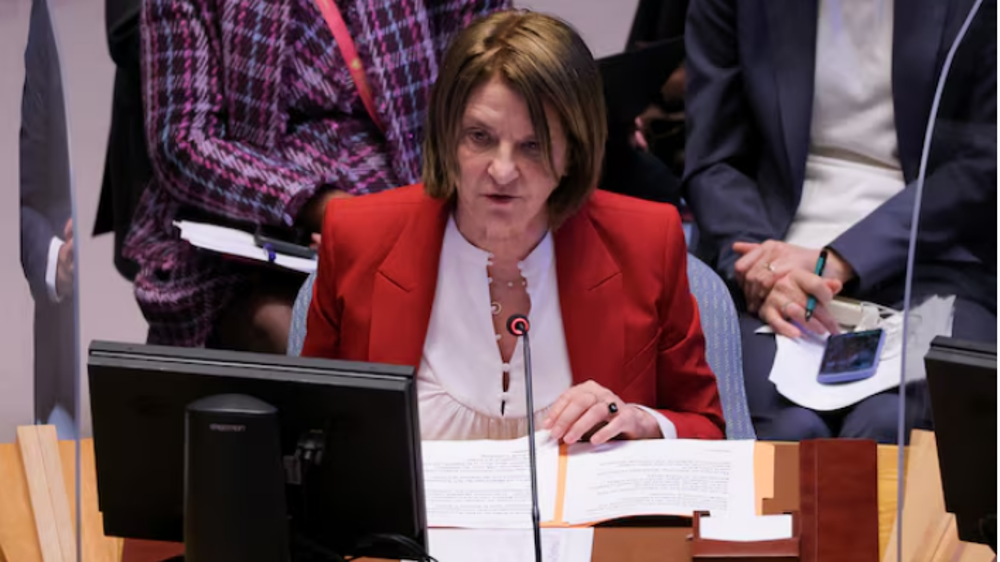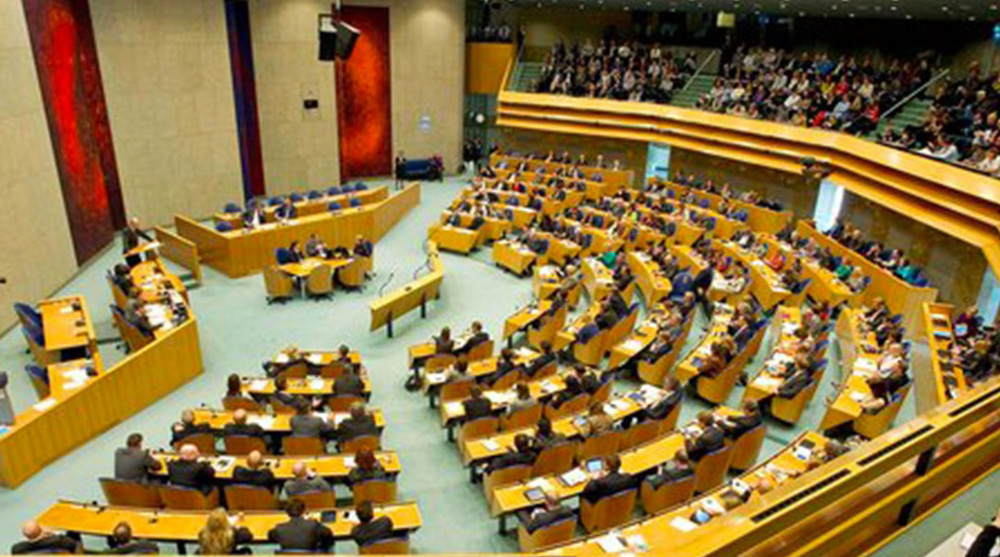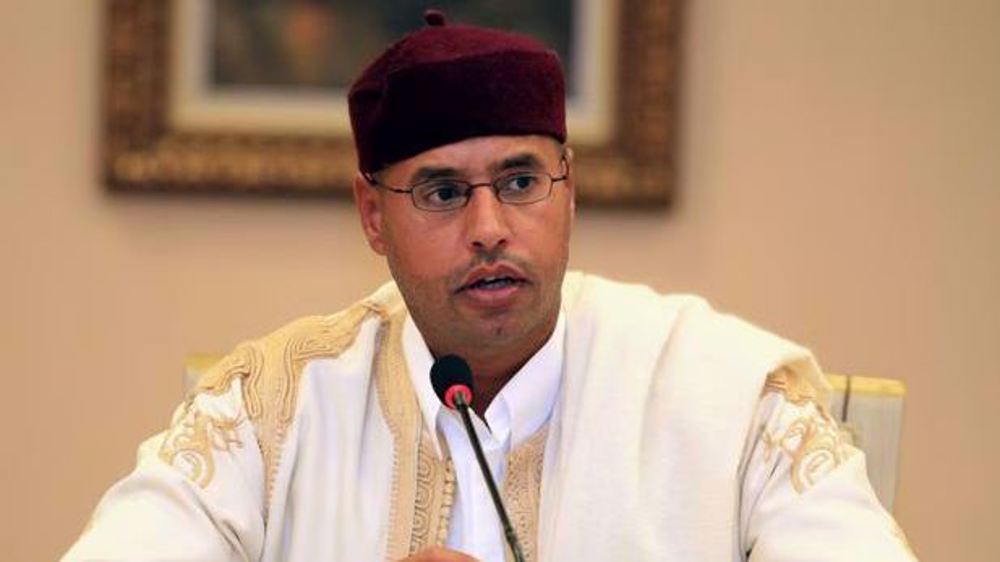Portuguese airline pilots’ 10-day strike grounds flights
Pilots at Portugal’s national flag carrier have gone on a 10-day strike amid a dispute over privatization plans, causing losses to the airline and the country's tourism industry.
Almost a thousand TAP Portugal pilots were set to strike on Friday for ten consecutive days until May 10, pressing their demand to be given up to a 20-percent stake in the company, which is to be privatized later this year.
The pilots say the government reneged on a deal from 1999, under which they would receive a stake upon the airline privatization.
The Civil Aviation Pilots’ Union, which represents the majority of the flag carrier’s pilots, also urged long-service rewards for its members.
TAP (Transportes Aéreos Portugueses) estimated that the stoppage could affect up to 3,000 flights and 300,000 passengers, causing losses of at least 30 million euros (USD 33.7 million).
Moreover, the tourism industry has forecast considerable losses of up to 28 million euros (USD 31.5 million) a day.

Portugal’s Deputy Prime Minister Paulo de Sacadura Cabral Portas had urged the pilots not to “carry out a 10-day strike in one month, that would ruin the coffers of any company,” adding, “Think about the country, think about tourism, think about your company…. Don’t contribute to its destruction.”
On April 29, about 300 TAP workers staged a silent protest outside Lisbon Airport to involve other colleagues as well.
In 2014, the airline recorded losses of 81 million euros (USD 91 million). TAP is more than one billion euros in debt.
Leader of the Socialist Party, António Luís dos Santos da Costa, has said, “The privatization of TAP has proven itself to be an enormous threat to the country’s interests.”
Battered by the global financial downturn, the Portuguese economy plunged into recession, compelling the country to negotiate with the International Monetary Fund and the European Union for a bailout loan in 2011. In return for the bailout, Lisbon had to impose a number of austerity measures, including more public spending cuts and tax rises, which triggered nationwide protests.
MIS/HSN/SS
Hezbollah: 47 years of Iranian progress proof of ‘abject failure’ of Western plots
Iran’s Larijani meets Qatari emir amid nuclear talks with US
VIDEO | 47th anniversary of Islamic Revolution celebrated at Iran's Embassy to Holy See
VIDEO | Sana’a marks February 11 anniversary with mass rally at US embassy site
VIDEO | Iran’s Embassy in Ethiopia celebrates 47th anniversary of Islamic Revolution
Saudi leaders congratulate Iran on 47th anniversary of Islamic Revolution
VIDEO | Iranian embassy in Malaysia celebrates Islamic Revolution anniversary
VIDEO | Press TV's news headlines










 This makes it easy to access the Press TV website
This makes it easy to access the Press TV website